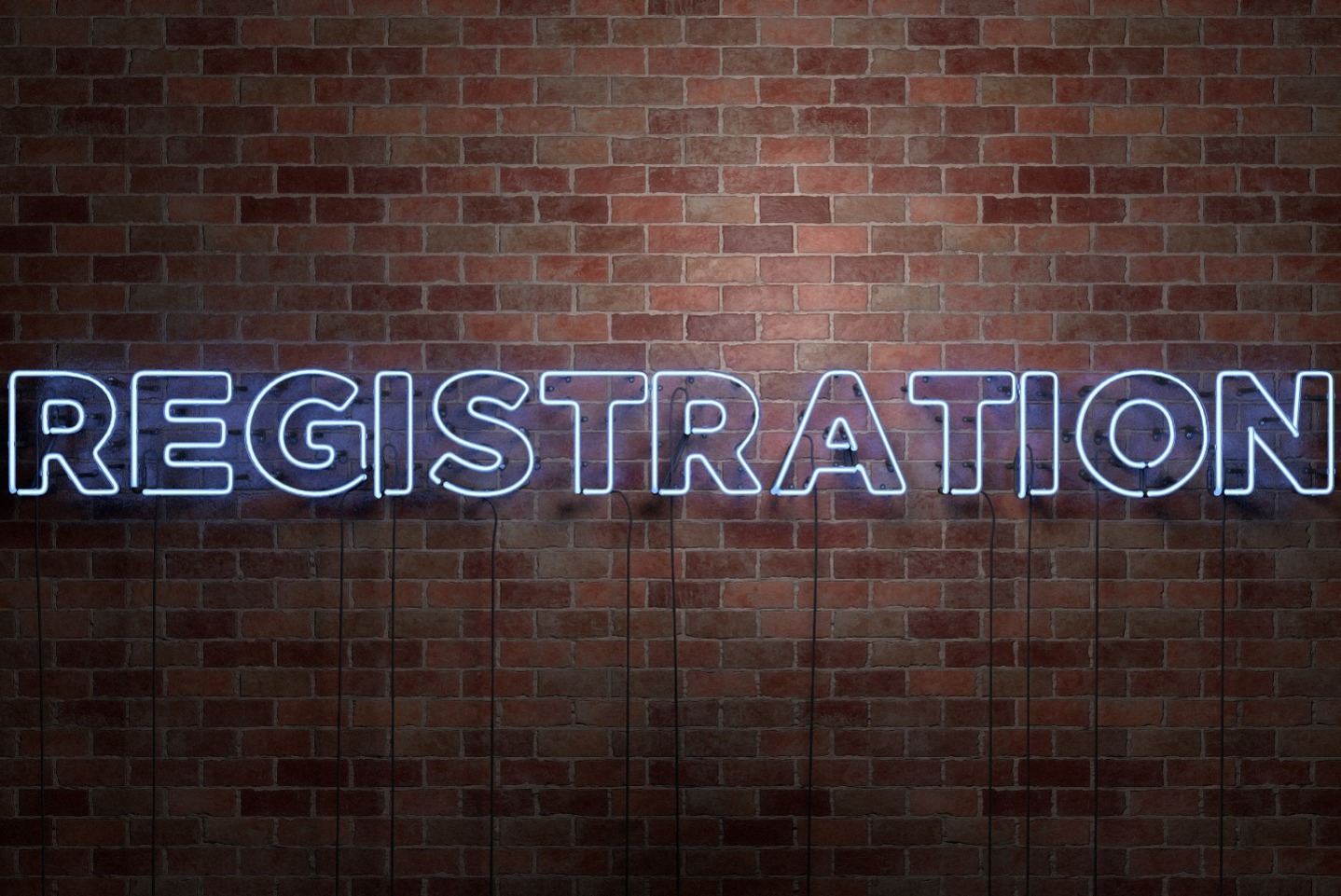How Is Land Registered In England And Wales?
Posted on 4th June 2020
What are official copies?
Every property, from new builds, to farmland will have its own land registration number and title. The Official Copies of Title contain information about registered land or property. The information is contained within registers. The registers are not independent documents or files rather they are subdivisions of the registered title.
The registered title of a piece of property provides information about the ownership of the land and the interests in said land. The register is split into three parts as per the Land Registration Rules.
The Proprietorship Register identifies the owner of the plot of land or property along with any limits on the power to dispose (sell, assign or transfer) of the land. When a property is held by Tenants in Common, we often see a Form A restriction. The restriction is there to ensure that, on the death of one proprietor, the property cannot automatically be sold by the survivor on his own (this could circumvent the rights of the beneficiaries of the deceased’s Will) so a “replacement trustee” would need to be appointed to step into the shoes of the deceased and be a party to any transfer alongside the surviving proprietor.
The Property Register identifies the land and specifies any benefits such as easements operating in its favour. More on what legal easements are here.
The Charges Register is the final register and here you will find details of mortgages, registered charges and any other interests which are adverse to the land.
Does the Land Registry Map show me my boundaries?
The Land Registry will produce a map which identifies the land, but it should be noted that only the general boundaries of the property are guaranteed, as per the Case of Frazer v Martin [2010]. That said the quality of mapping is a great improvement than the old style conveyances, the improved quality reduces the costs of producing maps but most importantly reduces the scope for bitter disputes between neighbours.
Can anyone see who owns land?
There have been a number of major Law Commission reviews of Land Registration which ultimately culminated in the Land Registration Act 2002 which made significant changes to the fundamental principles of Land Registration. For many years the register was completely closed to the public due to the secrecy that enshrined the inherent privacy of unregistered conveyancing. Over the years however this secrecy became outdated and distinctly different to the practice of other countries. This position of secrecy was changed by the Land Registration Act of 1988 which opened up the registers to the public.
Why are the Land Registry Records open for the public?
There are several advantages to opening the registers, not least because it enables owners of land to be identified. In cases where a tenant does not know whether the landlord is the Freeholder or the holder of the head lease, the landlords title can be inspected and the nature of ownership of neighbouring land may also disclose rights over one’s own land. Both these points can be of vital importance when deciding whether to proceed with the purchase of a leasehold property.
If you want to obtain a copy of your registers of title or are thinking of buying property or land, contract our Property Law Solicitors in Preston for a quote via enquiries@mglegal.co.uk or by calling 01995 602 129.
MG Legal - Your Local Solicitors
Share this post:





